
Do you know what each one of your customers expect or desire from their vehicle? If not, your chances of future sales are not great, warned shop coaches.
When a customer brings their vehicle to your shop, the service advisor will naturally ask for the vehicle’s make and model. But beyond the basics, said Bryan Stasch, vice president of product and content development at the Automotive Training Institute, there are a couple of important questions to ask. First, ask them what today’s concern is and what are the customer’s expectations of today’s visit?
“Remember, coming to you is like going to the dentist. That customer has no idea how much pain they’re going to be in when you get finished with them. Make sure we’re addressing their concerns,” he said.
Stasch spoke at the Midwest Auto Care Alliance’s Vision Hi-Tech Training & Expo near Kansas City in March during his presentation Master the Chaos — Art and Science of a Successful Service Advisor.
Then, the service advisor should ask a question that gets at what the use of the vehicle is or what the owner plans for it to be, Stasch recommends
For example, are they planning to give the vehicle to their child to use when they go off to college or university? Maybe it’s going to be used for family road trips and vacations. Knowing this information would help the shop help the customer ensure their vehicle can handle what they have planned for it. If they’re giving their car to their son or daughter to go to school, wouldn’t they want that vehicle to be in good shape to keep their kids safe, Stasch asked.
“Would you find that add-on value? More importantly, would your customers?” he said.
“Would you find that add-on value? More importantly, would your customers?”
Clint White, service advisor coach & shop consultant with CWI agreed. A good relationship with your client goes beyond finding out for how long their current issue has been going on and when they need the vehicle back. That’s basic.
Instead, you want to find out what their expectations are of their current vehicle. How much more do they want to drive it? Do they plan to upgrade to a bigger vehicle in two years and want this one to last until then? Or maybe they want to drive it until the wheels fall off.
Whatever the reason, the answer will help you get more sales and have a happier client, White said. Oftentimes, the customer hasn’t given it much thought. In that case, you could say most customers hope to get at least 300,000 miles out of their vehicle and you could help them do that with theirs. To do that, you tell them, you could have your technician inspect the vehicle and build a maintenance plan that fits their budget to reach that goal.
“You have got to establish a mileage plan. You got to establish … the vehicle timeline. ‘Where’s this vehicle on its timeline or lifespan?’ However you want to ask it,” White said.
Because if you haven’t established a plan, then what’s the point of telling them they need to come back in a few weeks for more repair or maintenance work, he added. If you don’t know what they want out of the vehicle, then you can’t properly advise the customer.
Image credit: Depositphotos.com
Related Posts
Comments
-
All these questions are asked by myself pretty much everytime a new customer comes in. On my regular customers we always discuss about 80% of these questions depending upon the age of the vehicle. I deal with about 400 regular customers. Most of my customers were little kids when I started working for myself. Now they have kids.their parents if not dead by now, are still my customers. Word of mouth is how I get business.this is my 23rd year of working for myself. Most of the training courses I have taken are based in the u.s. and there are major legal differences they don’t know about. Most have no concept of how to deal with business in tiny villages and hamlets. The rural community is totally different than the city culture. I would have been out of business years ago if I followed some of the training I gave rec’d. .

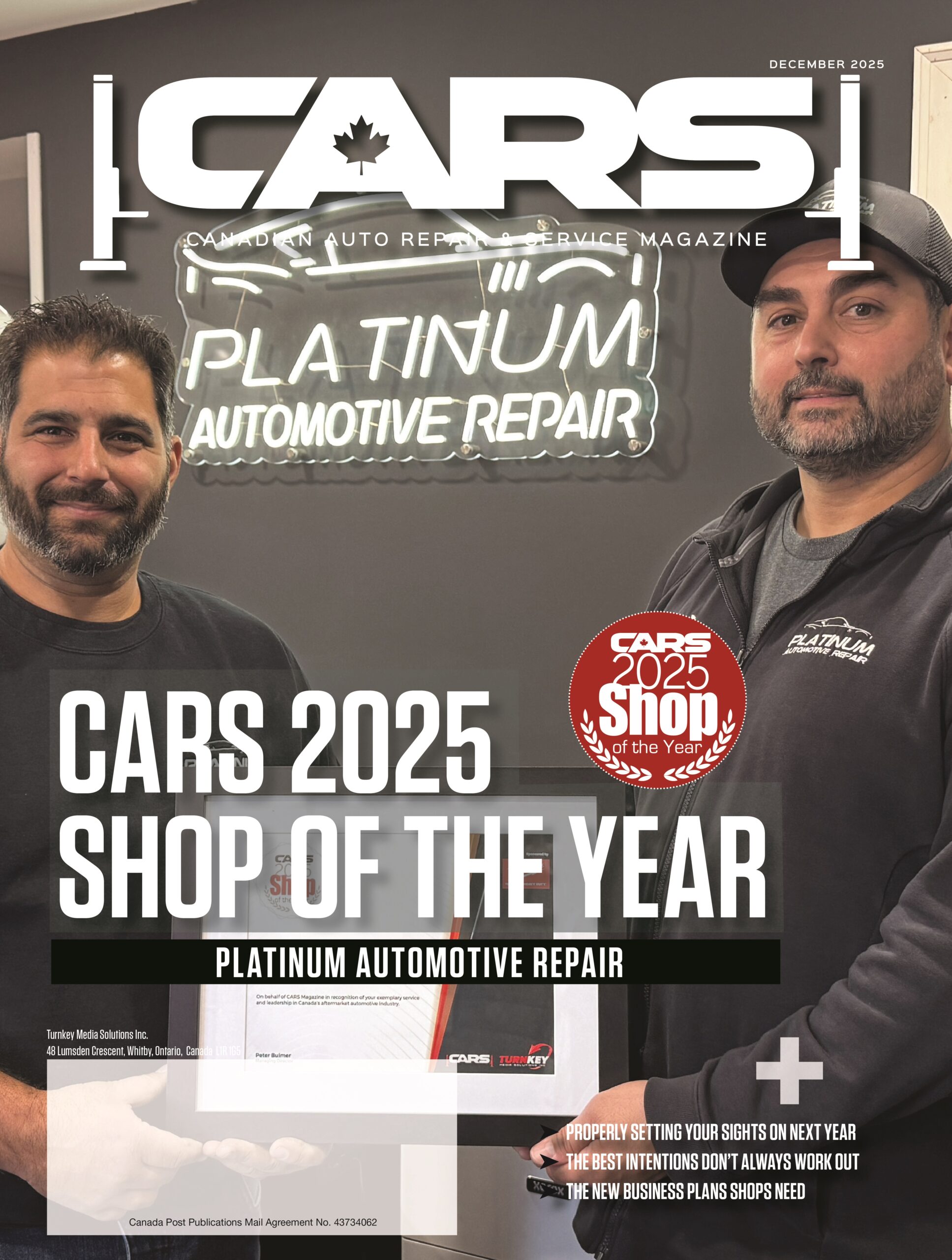
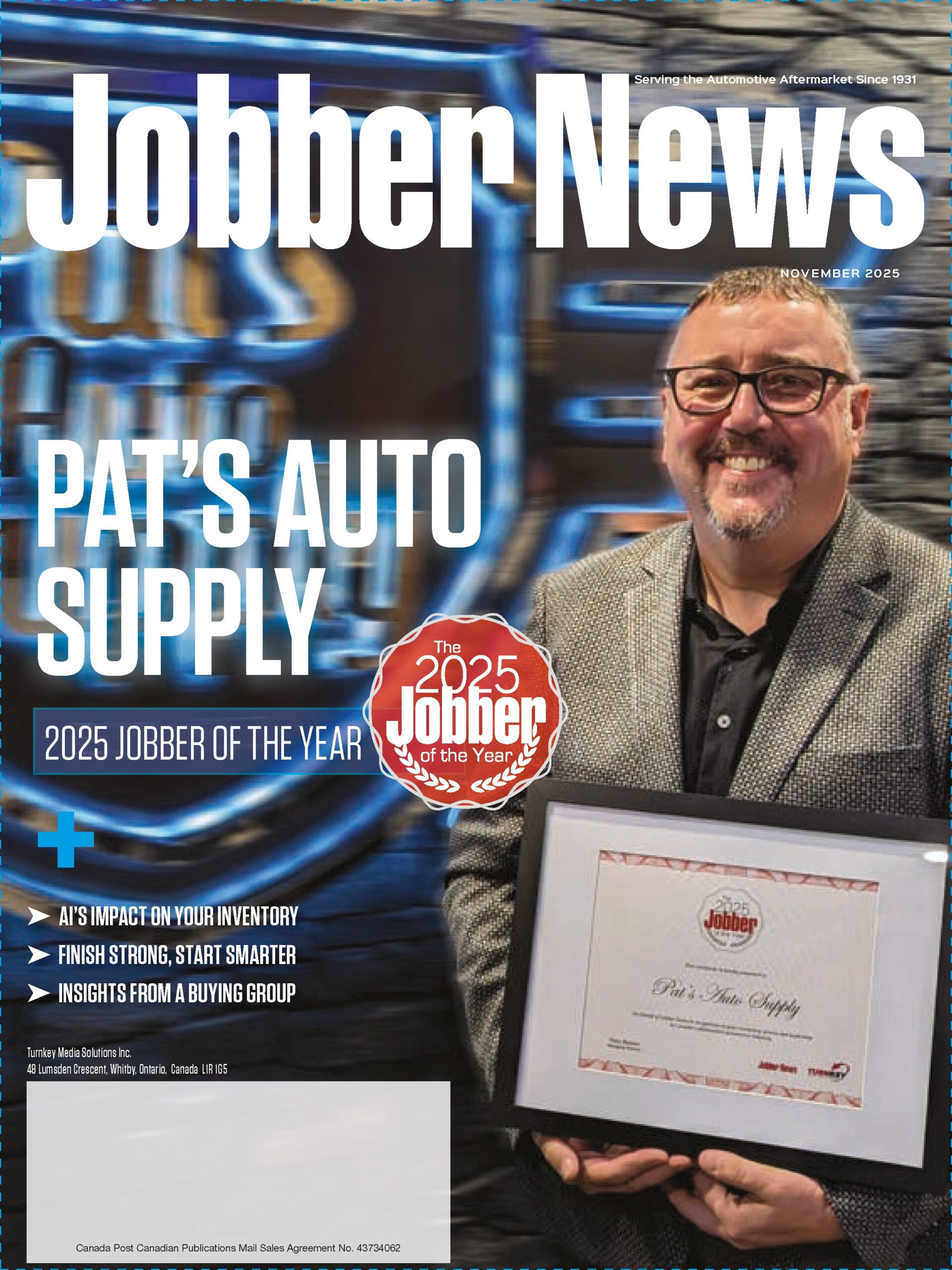
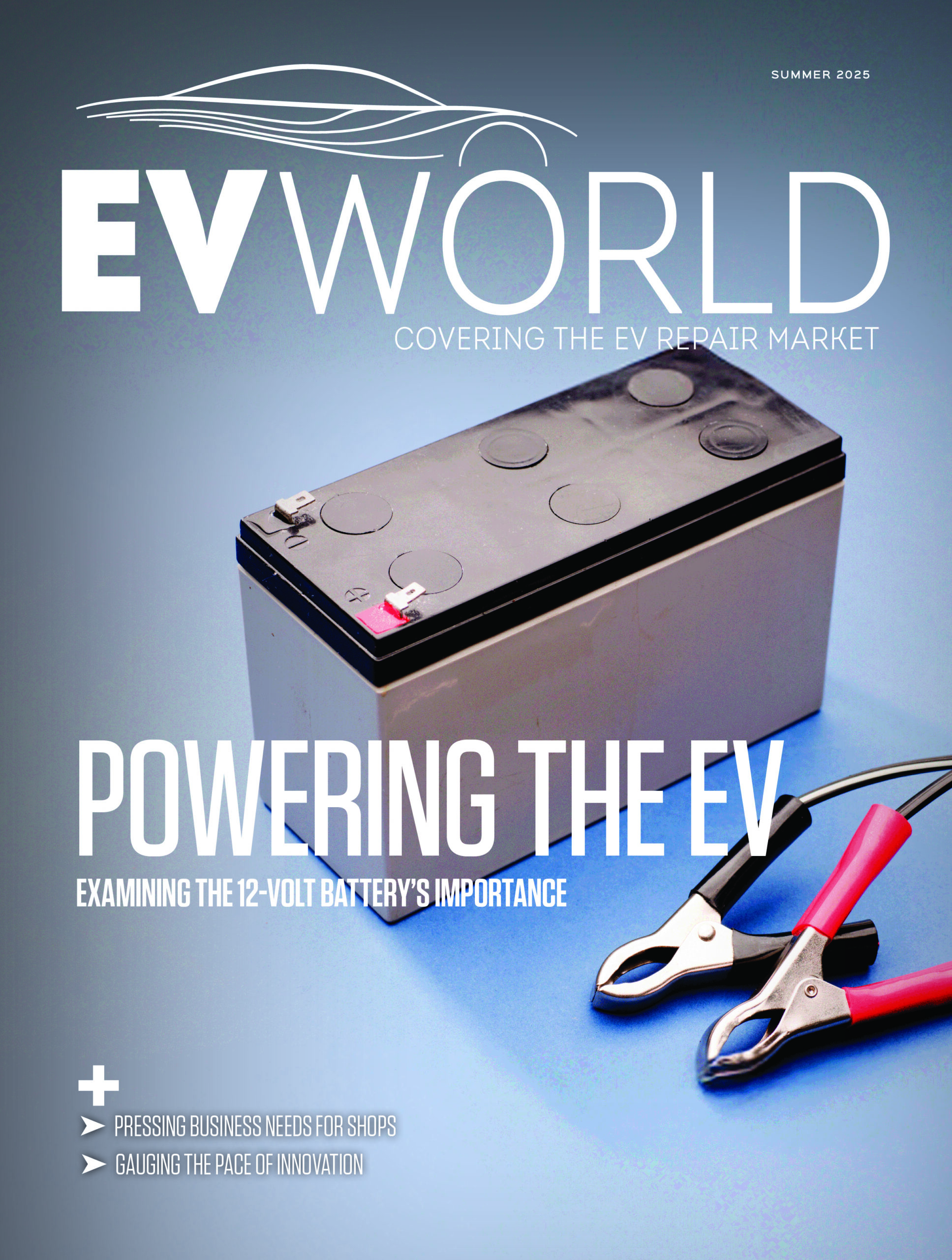



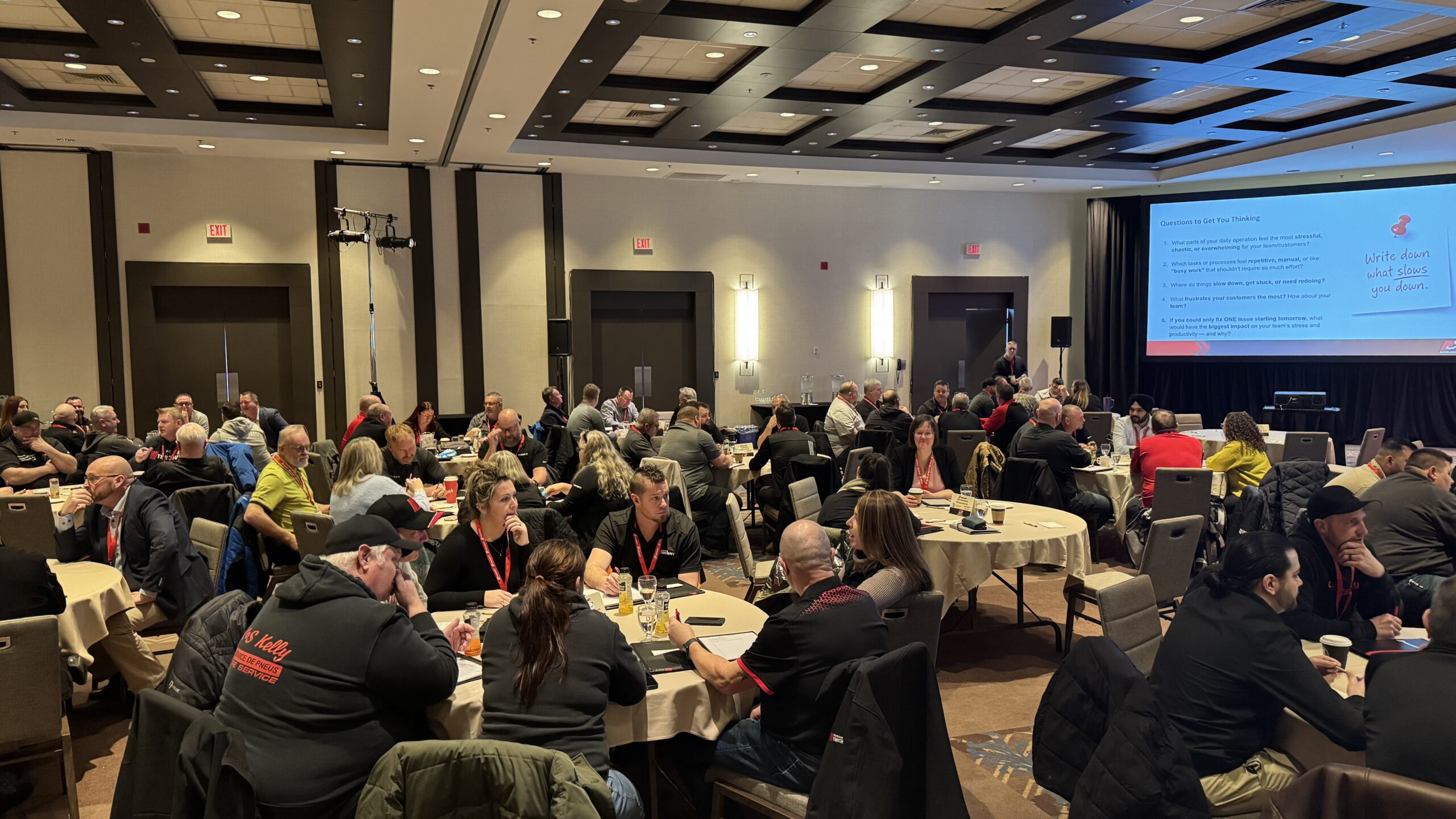



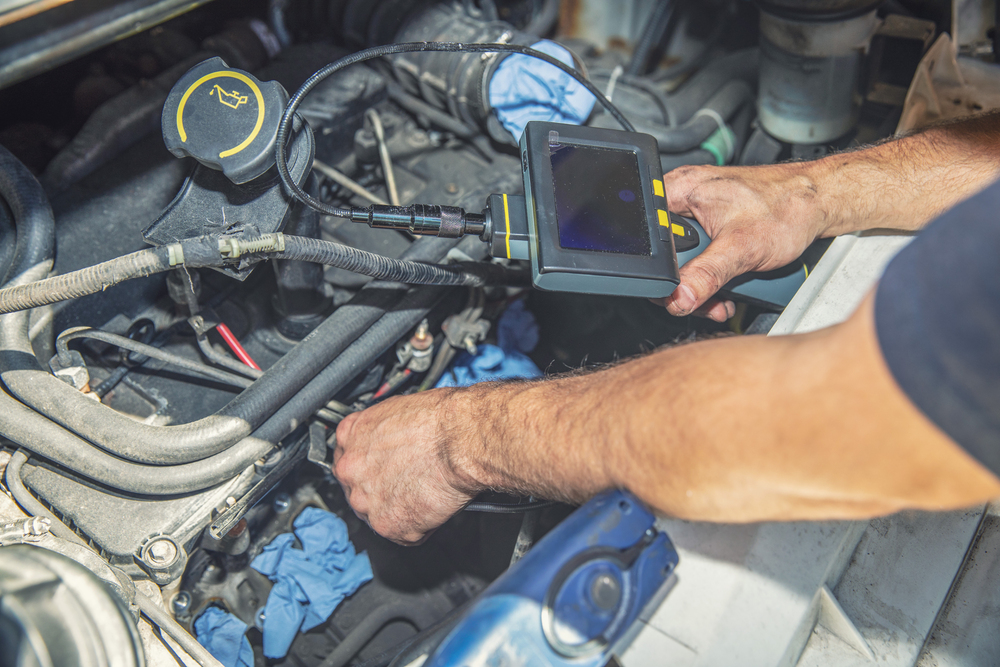
Leave a Reply